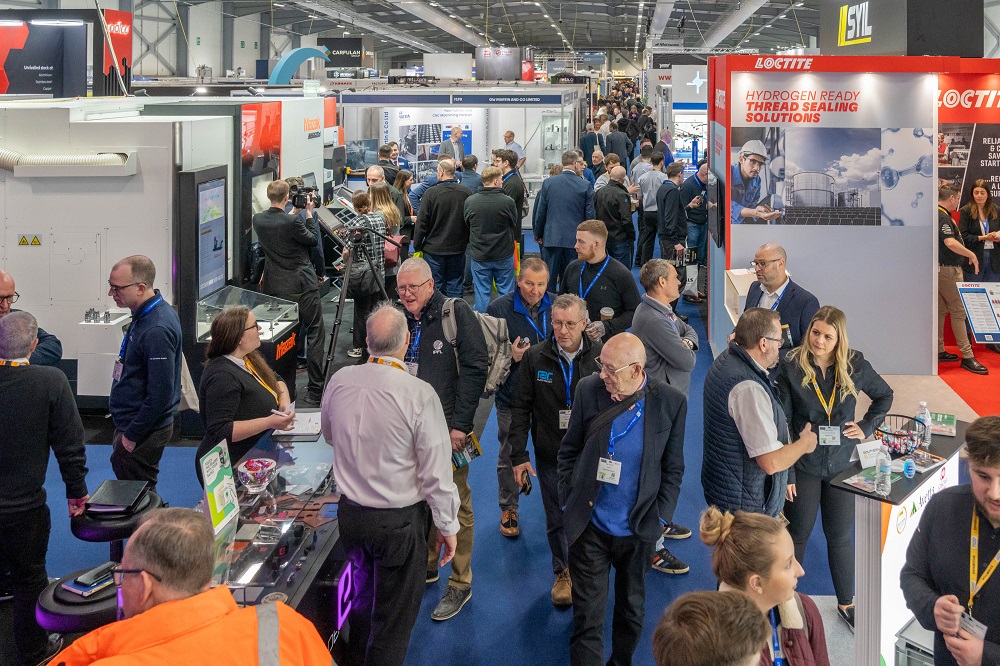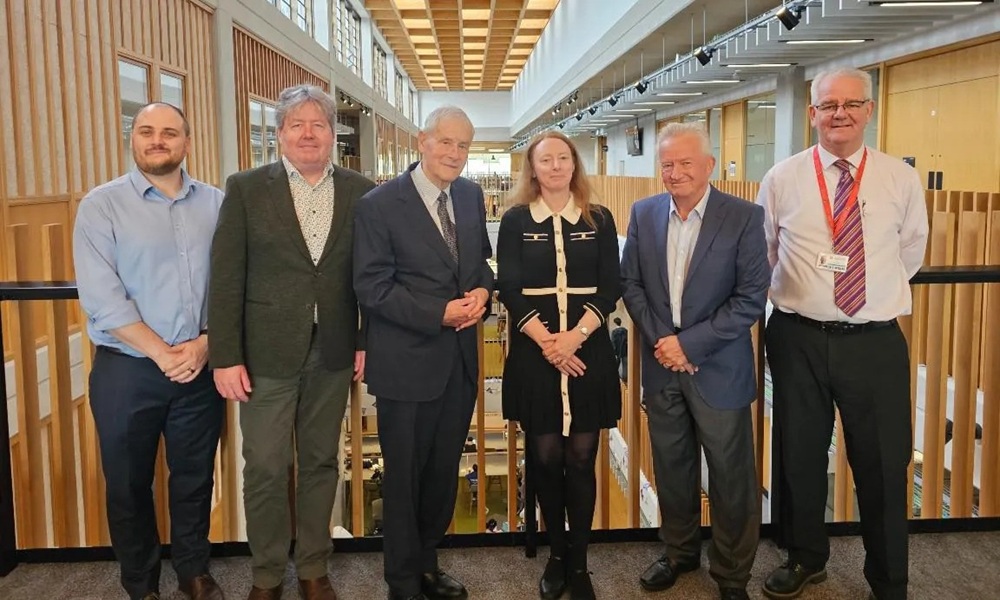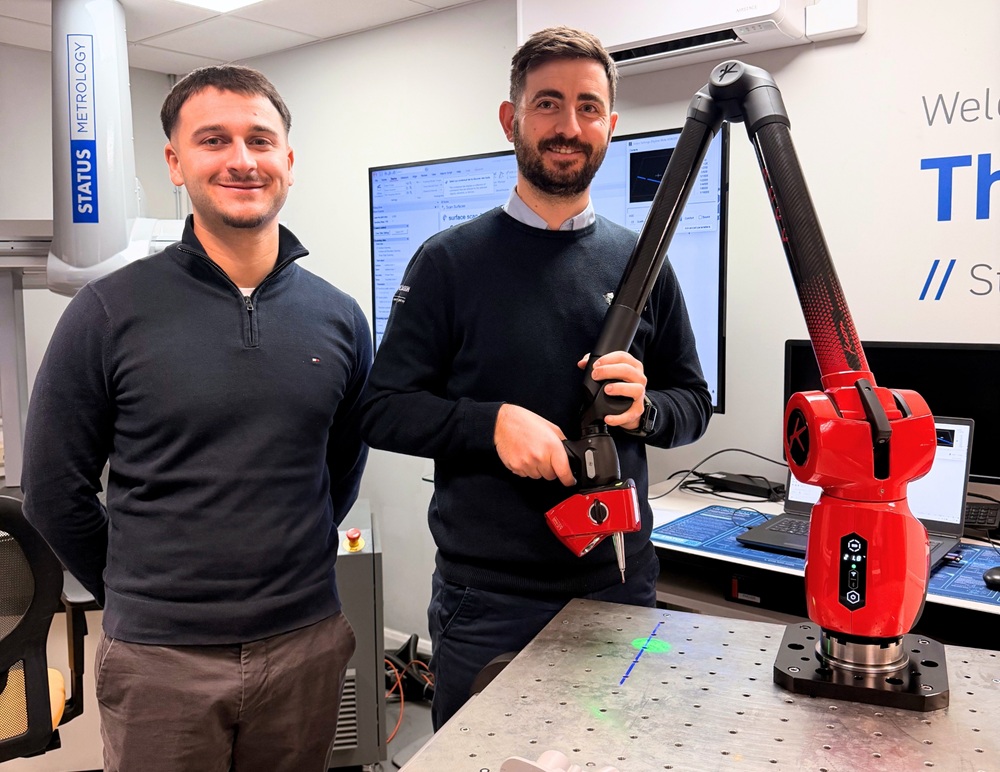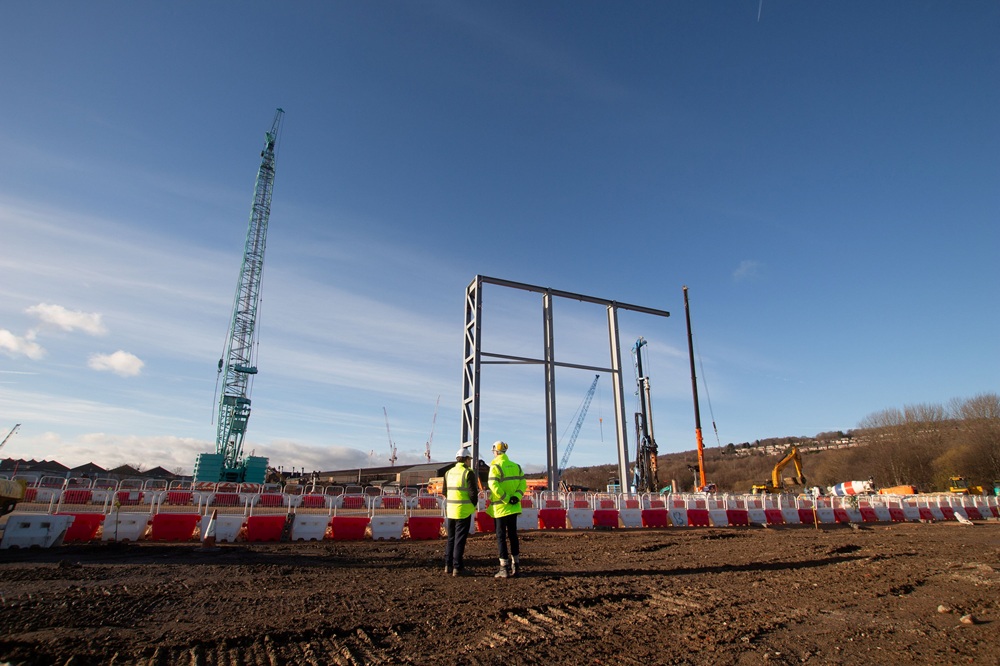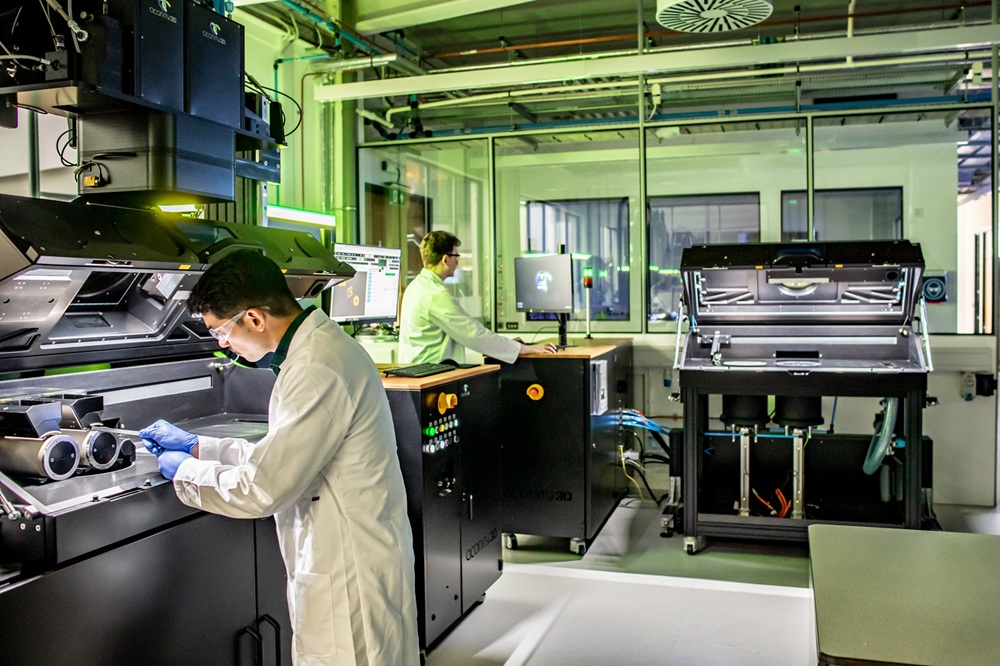Taking place this week (3-5 February) at Farnborough International Exhibition Centre, Southern Manufacturing & Electronics is the first major event in the sector’s calendar, marking the show’s 28th year as a cornerstone of the UK’s engineering community. Much loved for its heritage and uniquely British character, the event continues to attract engineers, designers, manufacturers and innovators from across the country and overseas.
Two dedicated seminar theatres complement the exhibition, hosting a full programme of CPD-accredited sessions. The agenda explores practical strategies to help manufacturers streamline production, strengthen digital capabilities and unlock fresh opportunities for growth. For instance, experts will explain how integrated digital tools and systems can boost efficiency, enhance productivity and position businesses for long-term success.
More information www.southern-manufacturing-electronics.com






